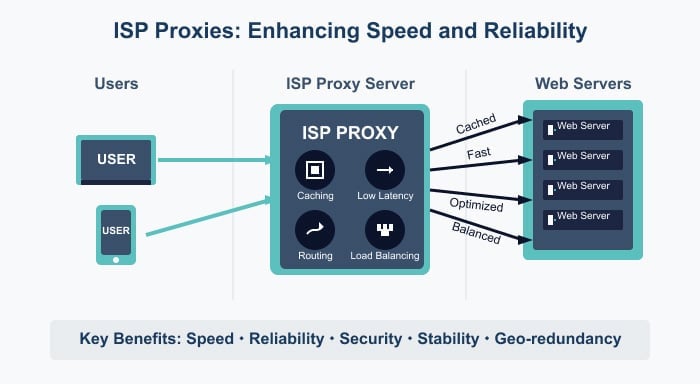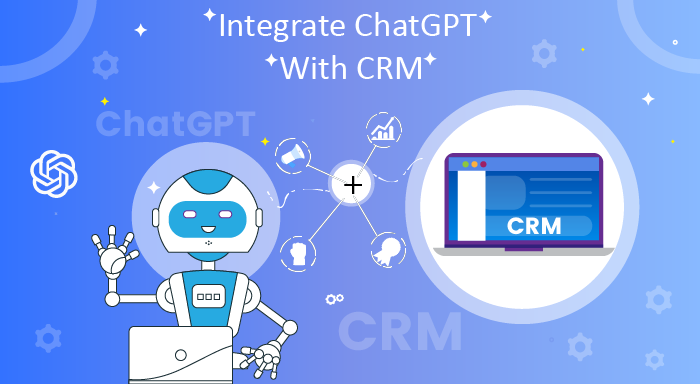The environment for online advertising bidding has been totally transformed by automation and machine learning. Today, even small accounts and novice Google Ads managers can bid seamlessly without prior experience. Smart Bidding in Google Ads takes this a step further by simplifying the bidding process even more.
Previously, PPC experts relied on manual bidding, adjusting bid values based on the performance of search queries. However, due to the manual effort involved, they could only adjust bids a few times a day, missing opportunities for real-time optimization.
According to MagnifyLab, it’s crucial to adjust bids in real-time for every search query. In today’s fast-paced digital environment, real-time bid adjustments are essential for maximizing the effectiveness of ad spending while achieving campaign goals.
This is where Smart Bidding comes into play.
What is Smart Bidding in Google Ads?
Smart Bidding is a subset of automated bidding strategies within Google Ads that employs machine learning algorithms to help achieve specific goals. Real-time bidding is made possible by the utilization of past data, which includes audience signals and ad performance from previous campaigns. In this way, Google Ads functions as a demand-side platform within the programmatic advertising ecosystem, where advertisers can efficiently buy ad placements across websites and apps, optimizing bids in real-time to reach the right audiences.
Currently, Smart Bidding assists in optimizing ad campaigns for either maximizing conversions (quantity) or conversion value (quality). For maximizing conversions, advertisers can use the Target CPA (Cost Per Action) bidding strategy, while for maximizing conversion value, the Target ROAS (Return on Ad Spend) bidding strategy is available.
A key feature of Smart Bidding is auction-time bidding, or real-time bidding, which allows for setting bid values for every auction rather than just a few times a day. This feature helps advertisers to efficiently optimize bids.
The best bid values are produced by smart bidding algorithms, which substantially surpass current performance targets. Based on a number of variables, these algorithms modify bids:
- Aggregate performance of the ad campaign across users
- Contextual signals present at auction time, such as:
- User's device, location, and browser
- Operating system being used
- Search query and user intent
- Time of day when the ad is shown
- Specific ad creative being displayed to the user
By leveraging these insights, Smart Bidding ensures that your ad campaigns are not only cost-effective but also strategically targeted to meet your objectives.
Types of Smart Bidding Strategies in Google Ads
In practice, there are two main types of smart bidding strategies in Google Ads. However, when we break them down further by identifying these four distinct strategies:
- Maximize Conversions
- Target CPA (Cost Per Action)
- Maximize Conversion Value
- Target ROAS (Return on Ad Spend)
Maximize Conversions
The Maximize Conversions Smart Bidding strategy aims to generate the highest possible number of conversions within your specified budget. This means that while some conversions may come at a higher cost, others may be achieved at a lower cost, ultimately balancing out to maximize your overall conversion count.
Target CPA (Cost Per Action)
Within the Maximize Conversions strategy, there is an option to set a Target Cost Per Action (tCPA). If you've run previous campaigns and have historical data on your average cost per action, Google Ads will suggest a target CPA based on that data. Once you select this option and apply it, Google Ads will automatically populate the target CPA value for you. With the help of this tool, you can control your budget more precisely and make sure that you aim for maximum conversions while staying within your cost constraints.
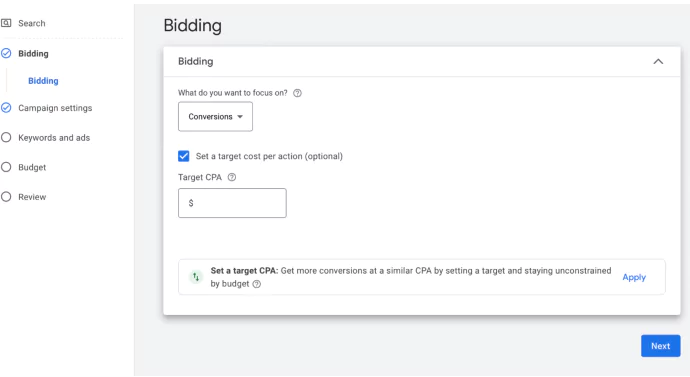
Maximize Conversion Value
To maximize conversion value for your ad campaign, you should choose the Maximize Conversion Value bidding strategy. This method places more emphasis on getting more value out of each conversion than the Maximize Conversions strategy, which concentrates on the quantity of conversions. Its main goal is to produce high-value conversions within the budget you have set.
Check out our comprehensive article on value-based bidding for further information if you're seeking for more specific details regarding this tactic.
Target Return on Ad Spend (tROAS)
The Target Return on Ad Spend (tROAS) strategy can be a bit more complex. It is recommended that you do not opt for tROAS until you have gathered at least 15 conversions in 30 days for display campaigns and a minimum of 30 conversions for video action campaigns. By providing this data, we can make sure the algorithm has sufficient knowledge to make wise bidding decisions.
Visit our comprehensive guide on value-based bidding in Google Ads to find out how long to wait for different campaign kinds.
All these Smart Bidding strategies come with their own advantages and disadvantages. For this, selecting the best campaign plan depends on your unique requirements and goals.
Smart Bidding vs. Automated Bidding: What to Choose and When
Smart Bidding in Google Ads is a type of automated bidding strategy that utilizes machine learning to optimize bids in real time during the auction. In fact, Smart Bidding is a subset of broader automated bidding strategies.
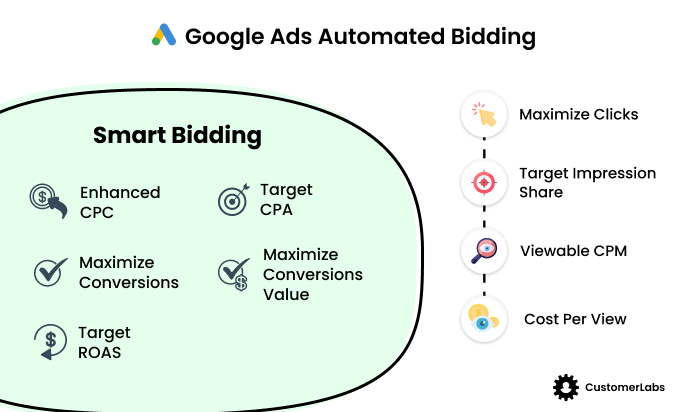
If you're unsure when to select Smart Bidding, the table below can help clarify which strategy to choose based on your business goals:
| Business Goal | Campaign Goal | Smart Bidding Strategy |
| Increase Sales or Leads | Get as many conversions as possible at a fixed budget or fixed cost per action. | Maximize Conversions, Target CPA |
| Increase Profit | Get as much conversion value as possible at a fixed budget or fixed return on ad spend (ROAS). | Maximize Conversion Value, Target ROAS |
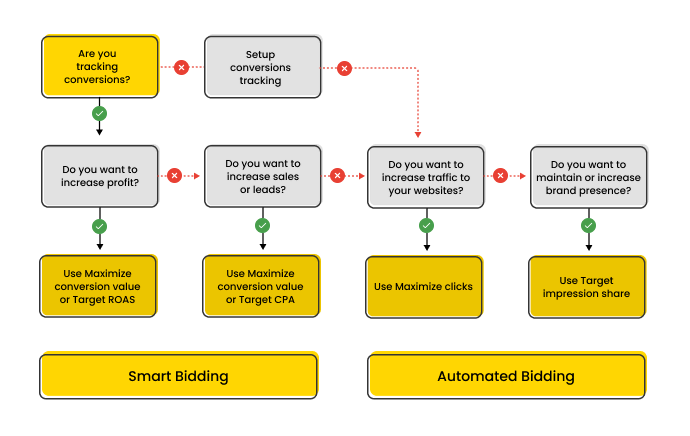
How Does Smart Bidding Work?
Smart Bidding takes into account four key factors before determining the optimal bid value:
Contextual Signals at the Time of Bidding
This includes various contextual data points that can influence the performance of your ad, such as user location, device, and time of day.
Auction-Time Predicted Conversion Rate or Conversion Value Per Click
The algorithm predicts how likely a user is to convert or the potential value of that conversion based on real-time data.
Search Query-Level Performance Across All Your Campaigns
Smart Bidding analyzes the performance of similar search queries across your campaigns to inform its bidding strategy.
Target Budget/CPA/ROAS Specified
The algorithm incorporates your specified targets, such as cost per action (CPA) or return on ad spend (ROAS), to align its bidding with your financial goals.
Considering these factors, the Smart Bidding algorithm calculates the most optimal bid to achieve the highest possible conversions or conversion value. This entire process uses machine learning capabilities to adapt and get better, happening millions of times every second. The algorithm has the capability of keeping in mind the past bids and then refining the future bidding methods based on past bid data and audience signals.
Who Does the Smart Bidding Strategy Help?
Smart Bidding is an effective strategy for businesses of all sizes that are looking to optimize their ad campaigns. For smaller businesses, which may have limited initial data for new campaigns, Smart Bidding can still yield improved performance. This is because Smart Bidding campaigns utilize data from all existing campaigns, optimizing new ad initiatives even with minimal historical performance data.
For any Google Ads expert interested in leveraging Smart Bidding, familiarity with contextual signals is crucial. These signals will help in determining whether the chosen bidding strategy is effective for your specific business goals or not.
So, how can you assess whether Smart Bidding is working for you? It’s recommended to measure the campaign's performance until you achieve at least 30 conversions in a month. For campaigns using the target ROAS strategy, aim for a benchmark of at least 50 conversions to properly evaluate effectiveness.
Benefits of Smart Bidding
Switching to Smart Bidding offers numerous advantages, including:
Auction-Time Bidding
Smart Bidding leverages real-time insights based on users' search intentions for every single query. This makes it possible for the algorithm to learn from itself and dynamically calculate the best bid amount.
Accurate Bid Amount
Utilizing advanced machine learning algorithms, Smart Bidding can accurately predict the best bid amounts. The algorithm benefits from access to vast amounts of data across campaigns, enhancing its predictive capabilities.
Leverage Advanced Audience Signals
With Smart Bidding, auction-time bidding is enhanced by using multiple contextual audience signals. Numerous elements, like the user's location, the type of device, the time of day, and past interactions, are included in these signals. The algorithm has a major effect on conversion rates through the use of this contextual information.

Search Query-Level Conversion Performance Tracking
For keywords with low volume or limited historical performance, Smart Bidding allows for effective bidding even when there isn’t much conversion data. This feature utilizes search query-level conversion data from across your campaigns to solve the problem of insufficient data for specific keywords.
Ever-Learning Algorithm
The Smart Bidding algorithm continuously learns and adapts with every bid, optimizing itself for future decisions. Over time, it closely aligns with your campaign goals by analyzing large volumes of data to respond to changes in bid performance.
Pro Tip:
When utilizing Smart Bidding, consider using broad match keywords. This makes it possible for the algorithm to use a variety of signals for the best bidding and to comprehend user search intent more fully. The algorithm can better react to user inquiries by utilizing various keyword permutations and combinations due to the broad match.
Did You Know?
Broad match allows the algorithm to harness all available signals, understanding both user intent and provided keywords. In contrast, exact and phrase match keywords are limited in their ability to use these additional signals. However, exact and phrase match types can be beneficial for:
- Target impression share campaigns for specific search keywords.
- Campaigns focused on targeting users for specific industry-related keywords.
- Competitor campaigns with defined budget goals for particular keywords.
Takeaway
All of the bidding processes are automated with Smart Bidding. As a consequence, algorithm is able to learn new tactics from your data and adjust offers to meet your intended goals, whether they are conversions or conversion value.
The advertising industry has changed as a result of smart bidding. The capacity of algorithm learning has improved by the quality of data you supply. You can successfully target the right audience with appropriate ad creatives by selecting the appropriate bidding strategy, which will open the way for success.
Related Reads
9 Best Tips and Techniques for SEO Article Writing
AI vs. Human Content in the Age of SEO
How to Create a Winning B2B SEO Campaign?


